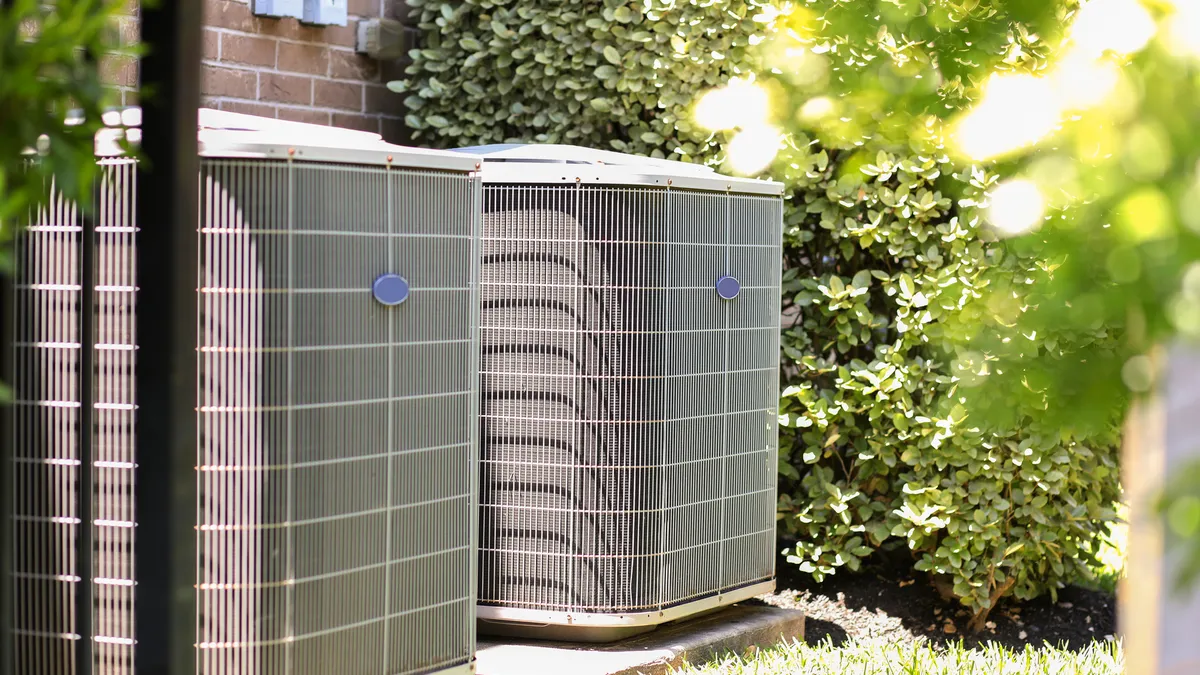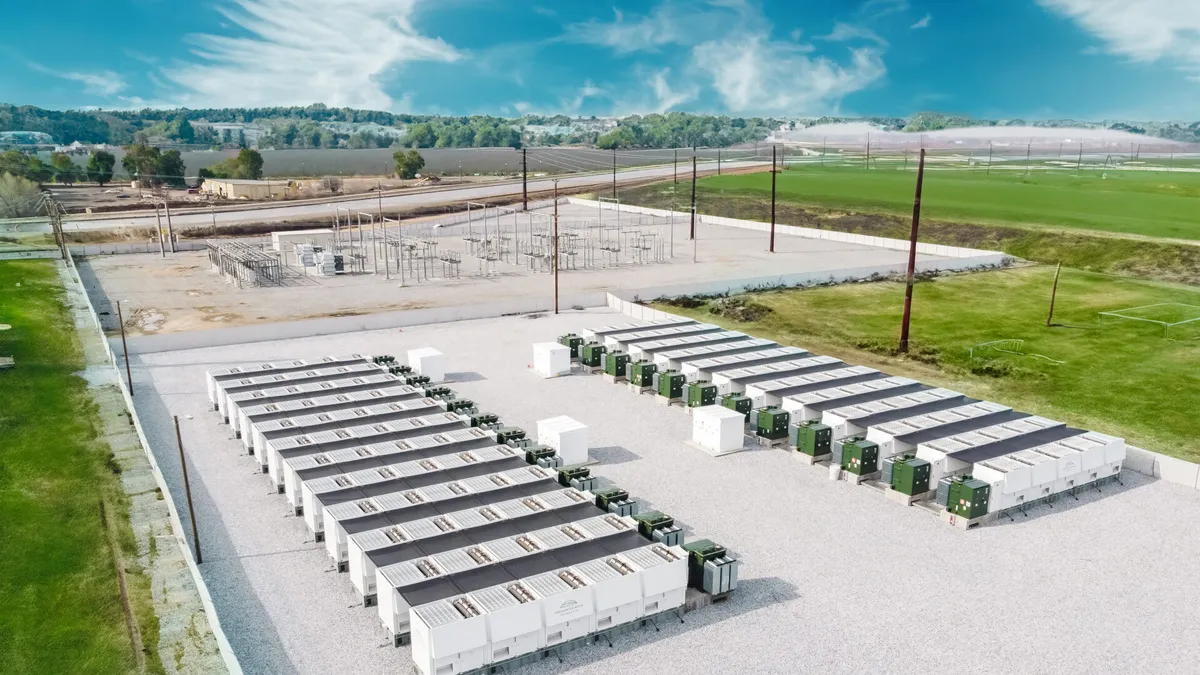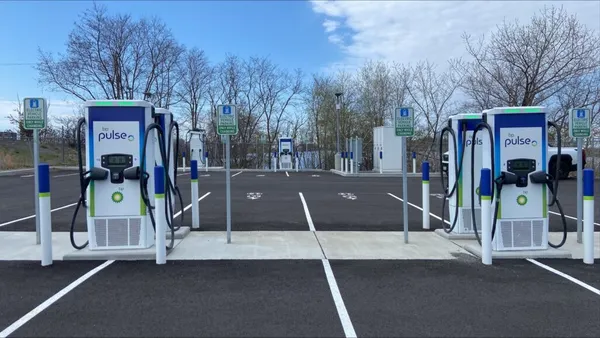The hotel sector accounts for about 1% of carbon emissions globally, according to the World Sustainable Hospitality Alliance. What’s more, energy is often a hotel’s highest operating cost.
Hotel companies are working to address this with sustainability initiatives and ambitious carbon-cutting goals. But many of the flashier projects — say, for example, the zero-emission Hotel Marcel in Connecticut — have taken place in boutique and upscale hotels.
"As hotels become more carbon-conscious, they are taking meaningful steps to show they care about their impact on the environment,” said Billal Hammoud, president and CEO of Honeywell Building Automation, in a statement. “Until now, mid-market hotels faced fewer options when it came to better managing their HVAC systems with automation.”
That’s why Honeywell launched INNCom Direct — to help those hotels automate energy usage to reduce emissions and costs.
“Now, we are able to do that for all sub-segments of the vertical, which is select, or focused, service; full-service; and luxury [hotels],” said Neha Jaitpal, who leads Honeywell’s hotel business. Hotel Dive sat down with Jaitpal to discuss how mid-market and select-service hotels can optimize their energy usage with technology.
A need from hotel owners
Jaitpal said INNCom Direct was spurred by conversations with hoteliers who wanted a product similar to Honeywell’s legacy INNCom product better suited to their needs.
One major change Honeywell made for the new product, for instance, was making INNCom Direct easier to install.
“Our thought was to do two things: to create more value by reducing the time that it takes to install, and also drive the install cost down,” Jaitpal said.
For higher-end properties, Honeywell works with a suite of consultants and specialists to ensure its system works well with all the minute details of a property. This was more than many select-service hotels wanted or needed.
At these mid-range hotels, Jaitpal noted that property managers can even hire their own installer, who can access instructions for INNCom Direct installation via a QR code.
But the baseline technology, she noted, is the same. A combination of hardware, software and cloud-based monitoring, INNCom systems allow hotel operators to better manage HVAC systems when guest rooms are vacant.
INNCom Direct’s censors can identify empty spaces and “autonomously adjust the temperature without impacting consumer comfort,” according to Honeywell. Vacant guest rooms can be set to a more energy-efficient setting when unrented and then heated or cooled when a guest checks in. Operators, meanwhile, can access real-time information about their rooms’ HVAC usage via an analytics platform accessible from desktop or mobile.
Sustainability across chain scales
The product capitalizes on ongoing trends in hospitality: the growing number of select-service properties in hotel companies’ pipelines — such as extended stay hotels — and the increasing importance of those companies’ sustainability goals to brands across chain scales.
The rapidly growing extended stay segment is “dominating” the U.S. hotel construction pipeline, according to a Lodging Econometrics report from April. And earlier this year, JLL forecasted that extended stay and select-service hotels would hold strong investor interest in 2024.
Meanwhile, hotel companies are working to reduce energy emissions as a way to boost their sustainability goals. Additionally, Accor Chief Sales Officer Sophie Hulgard previously told Hotel Dive that corporate travel buyers are demanding more transparency around energy usage.
Jaitpal pointed out that many hotels are in buildings that were designed long before sustainability considerations were at the forefront — something that’s particularly true of conversion-focused hotel brands, which are taking up a greater share of hotel companies’ pipelines.
As such, INNCom Direct caters not only to hotel managers, but other members of the industry ecosystem too. “We continue to create that value for our customers, and that's not just guests,” she said. “It's the ownership groups, or the real estate investment trusts, as well.”












